| To download everything in a ZIP file – Click Here: |
Or… Download by individual links below:
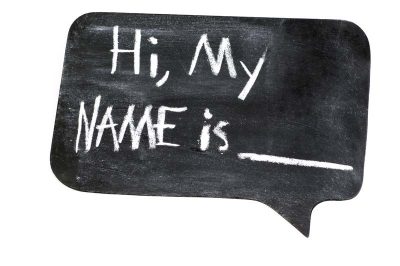
Hi! My Name Is…

Lyric Love
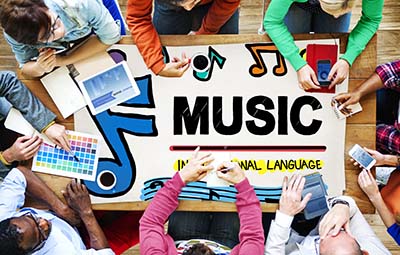
Top 10 Debate Club

Question Mingle Icebreaker
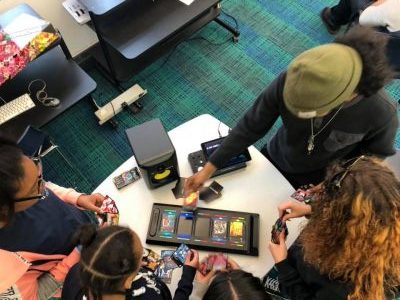
Free Music Program Resources
| To download everything in a ZIP file – Click Here: |





| To download everything in a ZIP file – Click Here: |




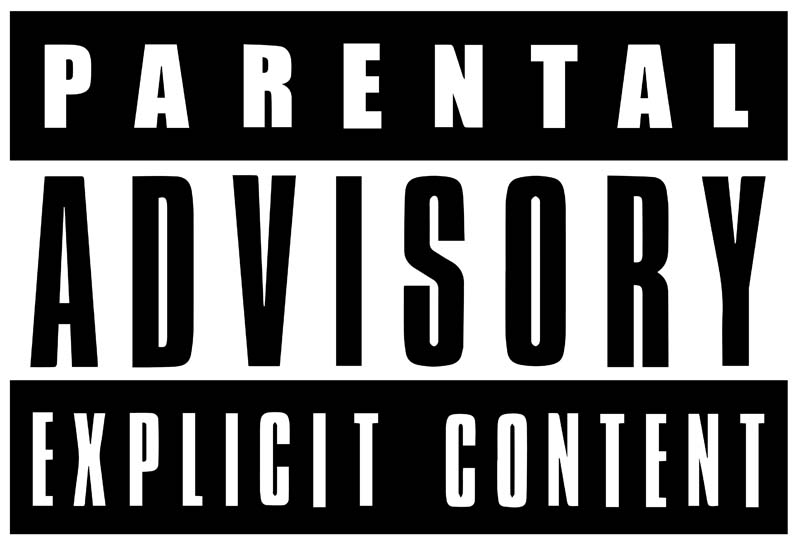

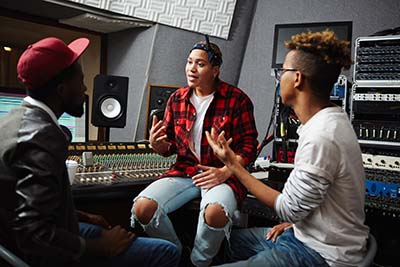
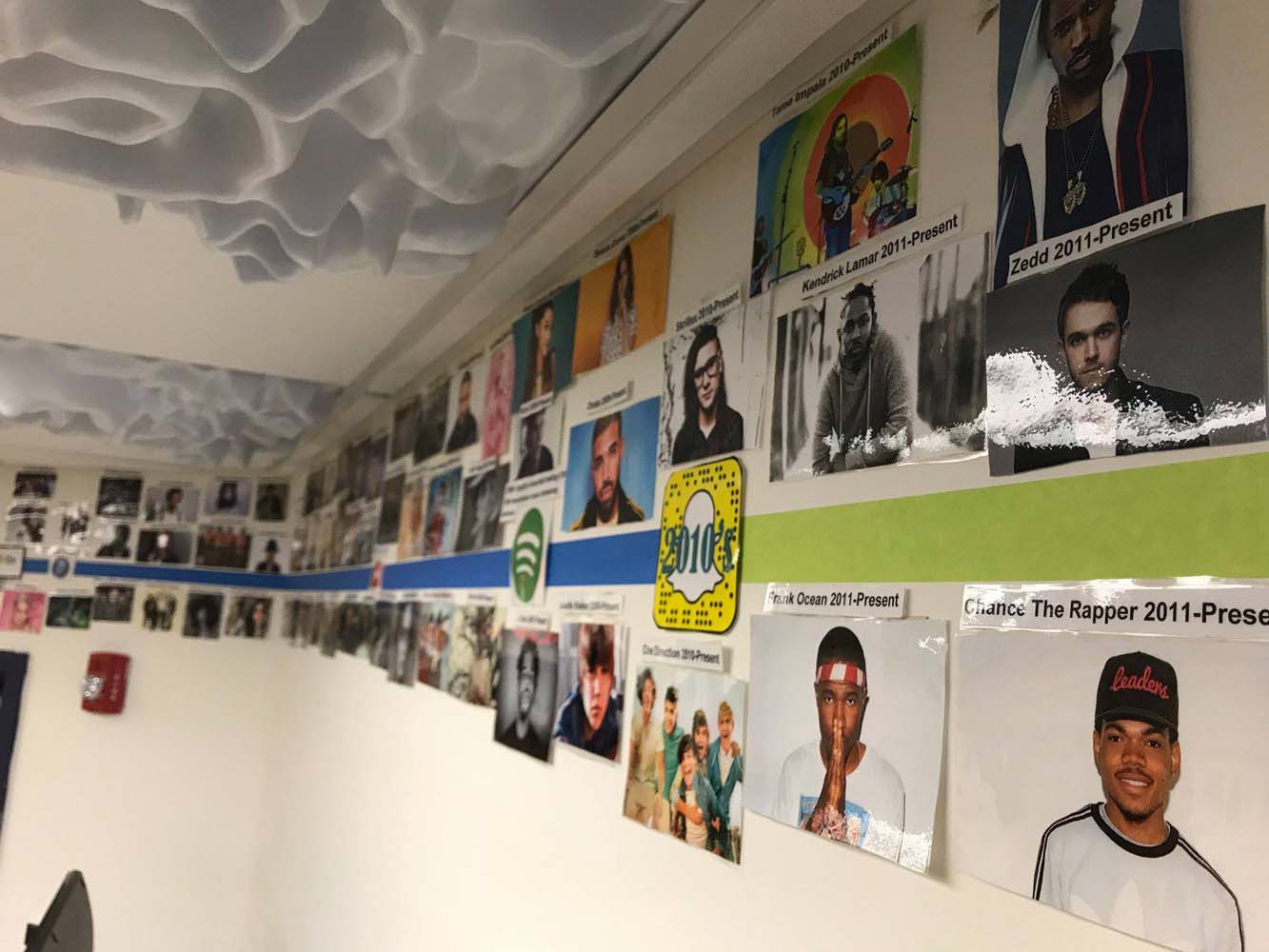

New participants still getting to know one another? Everyone into hip-hop and rap? What better way to break the ice than to have them write and perform an original rap about themselves?! “Hi! My Name is…” is a classic name game icebreaker that helps participants express who they are and get to know one another all while learning rhythm/flow, lyric writing and the self-confidence to perform in front of each other.
Read More How to… Example: Example:
Of New City Kids, yeah all 3 centers
I love to sing, I love to play
You can see me do both, any day
Of New City Kids, yeah all 3 centers
She loves to sing, She loves to play
You can see her do both, any day
| To download a full, editable version |
It’s natural for participants to want to imitate the music they listen to when they first start out recording or performing. In the context of a youth development music program however, the language and content of these songs aren’t always appropriate. This resource provides several approaches to encourage participants to expand their vocabulary and develop opportunities for growth and maturity including knowing your audience, assigning professional studio roles, rewriting lyrics, “three strikes” rule.
Read More Example #1 – Know Your Audience Example #2 – Assigning Professional Studio Roles “I talk to my students about knowing your audience and the value you get for being flexible. Most times my rappers just want to swear for shock value and because it’s easier than writing how you feel. I just take the time to have a conversation with them and explain the most versatile artists get more gigs, radio play, opportunities and at the end of the day… more dollars!” – Submitted by Corey DePina, Zumix “Younger participants sit-in on sessions with my older teens who are assigned traditional studio roles to make our studio feel more professional. They’re responsible, trusted and naturally influence younger participants and teach them our rules and if not, I can always step in when there’s inappropriate content. I use this as a teachable moment to have open conversations and help create mindfulness.” – Submitted by Javier Lozada, Malden YMCA Page 1 of 3
To download a full, editable version
Music is a universal language and it’s favorite topic is love! This icebreaker activity puts your participants love of music to the test. Which team can identify the most songs that include “Love Lyrics” and which team will leave the game broken-hearted?
Read More How to… Sample “Love Lyrics”: Love, Girl, Forever, Song, Baby, Woman, Time, Cry, Heart, Boy, Date, Eyes, Kiss, Man, Tonight, Beautiful, Dream, Angel, World, Happy Page 1 of 1
| To download a full, editable version |
Explore similar resources in Youth Development
Dropmix is a new game from Harmonix (the makers of “Rock Band” video game) that lets participants create unique mixes of popular songs by using playing cards connected to an iPad or iPhone. Because it’s a fun game, music programs quickly realize that it’s a great way to engage participants but others have found other creative ways to use Dropmix to teach their participants core musical concepts. Below is some feedback from program directors using Dropmix and the clever ways they incorporate it into their programs.
Learn more here: www.dropmix.hasbro.com/en-us
Read More Example #1 – Engage participants on the “fringe” Example #2 – Bracket Competition Explore similar resources in Youth Development– “Dropmix has been engaging participants who were typically on the fringe (ie. not very active). They had a lot of fun once they tried it and now I have participants coming to my program just to play!” – Eddie Salas, Boys & Girls Clubs of Greater Tarrant County
– “Dropmix is a good quick way to get participants in the room and engage them. It really helps me to transition them to other activities once they are here.” – Dustin Cicero, A. Worley Brown Boys & Girls Club
– “It has been great for getting more kids involved that would normally just “hang out”. The game makes interacting with music a fun and non-intimidating activity. It’s also perfect for getting brand new participants involved, excited, and having fun as soon as they walk in.” – Alex Delorey, Methuen YMCA
– “I was skeptical at first but it has been helpful with programming because it has been a draw for some kids who wouldn’t traditionally come into the music room. It feels less intimidating to play a game than learning an instrument.” – Chris Knox, Boys & Girls Clubs of Greater Tarrant County “I have the kids listen when they play a card and try to explain what they hear changing in the music before they play a new card.” – Submitted by Chris Knox, Boys & Girls Clubs of Greater Tarrant County Page 1 of 2
To download a full, editable version
Youth Development training philosophy from New City Kids
To Learn More:
Your very own A/V Club! Teach responsibility while keeping gear functional
Objective: Provide more responsibilities and leadership roles for participants
To Learn More:
Participants debate and defend their favorite songs and create their own “Billboard” playlist
Do your participants know a lot about the latest and hottest tracks in popular music? Put theDo your participants know a lot about the latest and hottest tracks in popular music? Put their musical knowledge and opinions to the test by helping them create a collaborative weekly Top 10 playlist. Split participants into groups and have them nominate current songs or artists they think should be on the Top 10 list. When the groups come back together, they’ll have a debate to decide on a final Top 10 list for the week. ir musical knowledge and opinions to the test by helping them create a collaborative, weekly Top 10 playlist. Split participants into groups and have them nominate current songs/artists they think should be on the Top 10 list. When the groups come back together, they’ll have debate and agree on a final Top 10 list for the week.
In additional participants will:
Read More How to… Page 1 of 2
| To download a full, editable version |
Explore similar resources in Youth Development
The winner is the one who finds a song that best evokes the emotion of the week, as voted by their peers! The real treasure is helping kids understand how music can be a personal window into emotions and experiences.
In addition, participants:
Read More How to… Page 1 of 1 Explore similar resources in Youth Development To download a full, editable version